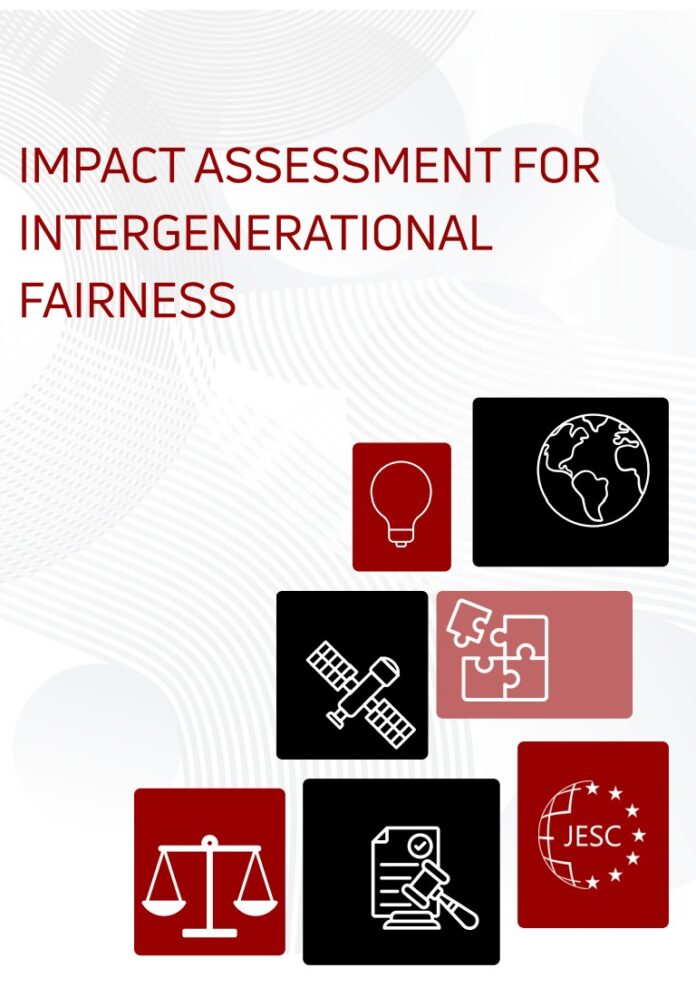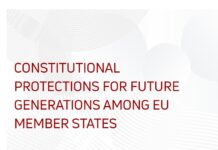Intergenerational Fairness has emerged as a new priority in the European Union with the appointment of the first-ever EU Commissioner for Intergenerational Fairness, Youth, Sport and Culture. The Commission has tasked the new portfolio with ensuring that decisions “are taken with future generations in mind” and “do no harm to future generations.”
This publication brings together long-standing advocates of this perspective and outlines a practical architecture for assessing how EU decisions affect future generations. The approach is built around two principles:
(A) keeping the process simple and aligned with the Commission’s commitment to reducing regulatory burden, and
(B) recognising Intergenerational Fairness as a horizontal, long-term principle that must connect with existing policy tools.
The framework integrates three key elements:
-
A horizontal assessment of how long-term risks may affect fundamental rights.
-
Foresight, to explore different policy pathways and their potential impacts.
-
Ex-ante impact assessment, embedded within the broader long-term perspective.
The publication shows how these tools can be incorporated into the Better Regulation Framework with only minor adjustments. It also proposes collaboration between EU institutions—particularly the JRC, FRA, and EEA—to develop a shared Future Risk Matrix for evaluating long-term risks.
Further chapters explain how foresight strengthens impact assessments, and how the concept of Planetary Boundaries can help identify risks that may cause irreversible harm to both people and ecosystems. Together, these components offer a practical way to embed long-term responsibility into EU decision-making.
Download the publication below:





